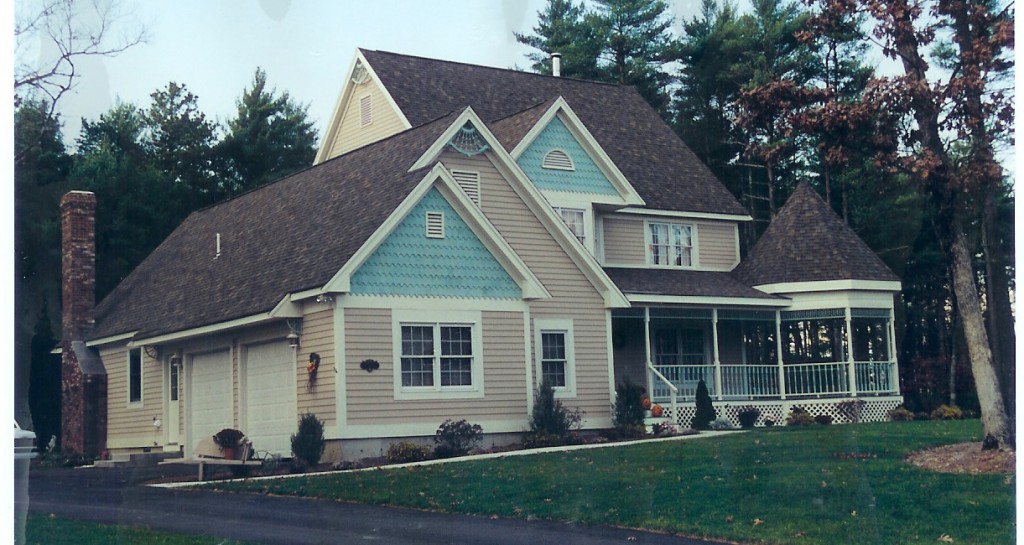Manage Your Old Home Renovation with These 6 Tips

Historic districts often draw interest. People drawn to these locations are often enamored with the style of period homes. However, many of these individuals quickly become overwhelmed by the expense and scale of a historic renovation. Therefore, to ensure that you are getting started on the right track, follow these six tips to manage your project.
1. Talk to an Architect or Engineer
The first thing you should do after purchasing a historic property is to consult with an architect or engineer. These professionals will offer tremendous insight into the history and possibilities of your renovation.
2. Avoid Double Glazing and Concrete
Most construction experts will probably advise against double glazing or putting concrete over stonework. You need to consider the age of the home, and many of these processes can weaken the underlying structure of your home.
3. Use Recycled Products
If you are interested in doing a true historic renovation, then you should use recycled products and materials for the replacement of current fixtures and pieces. While these items do not have to be period-driven, recycled goods will likely match the appearance of other elements in your home.
4. Let the Home Inspire You
Some historic homes blend well with modern amenities, while others do not. Before purchasing new appliances and hardware, consider the house and its existing look. Ask yourself if the purchase you are considering will fit in.
5. Don’t Let a Period Drive Your Decisions
Again, your decisions do not have to be period-driven. Most historic properties are eclectic and a mishmash of decades past. The better design decision is to work within the confines of the existing building and all of its glorious inspirations.
6. Always Budget Higher Than Estimates
While any renovation is expensive and a risk, a historic property is especially risky. Many properties have foundational, electrical and plumbing issues, some of which you’ll know about and others will surprise you. As a general rule, always budget for 50% higher than construction estimates.
A historic renovation is worth it if you are prepared. Enlist the skills of a qualified contractor to help you manage the stress of a large-scale renovation.
